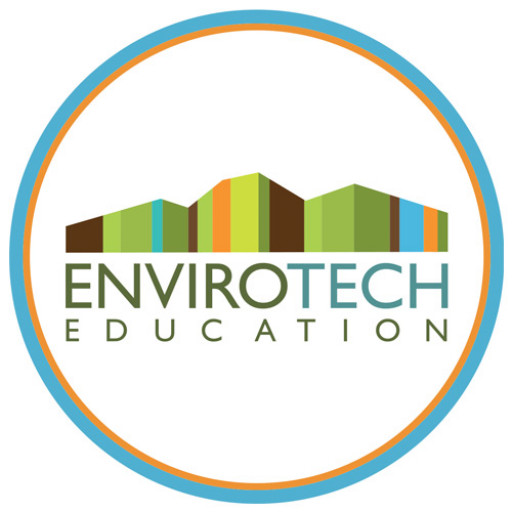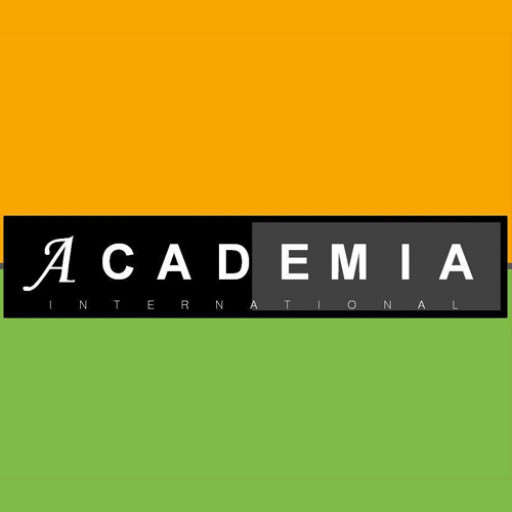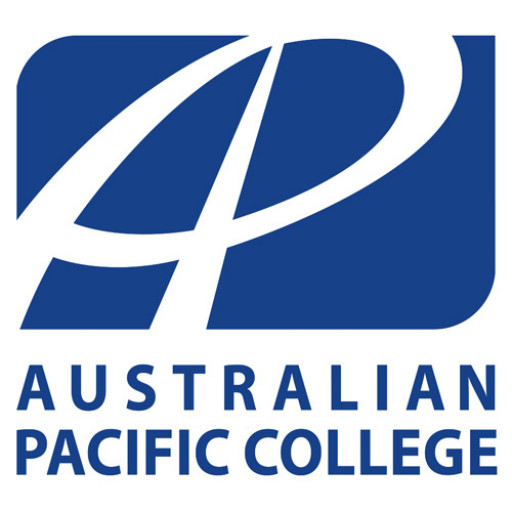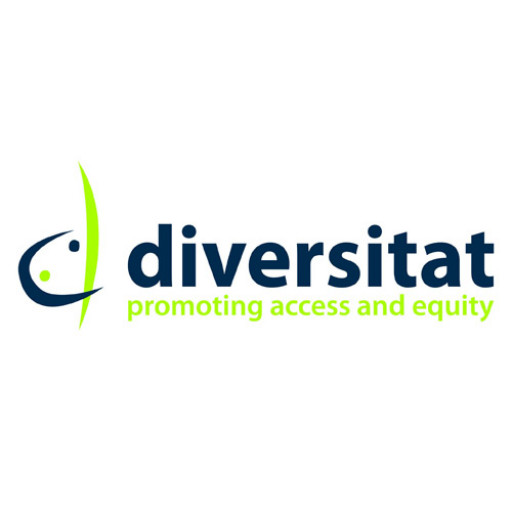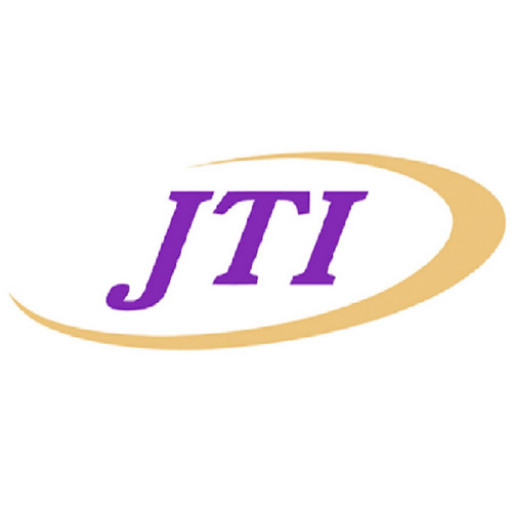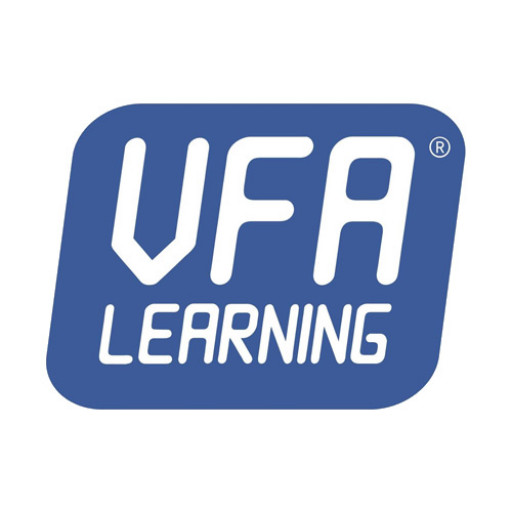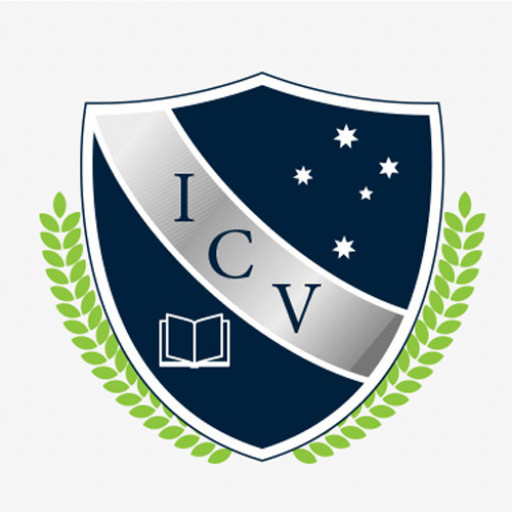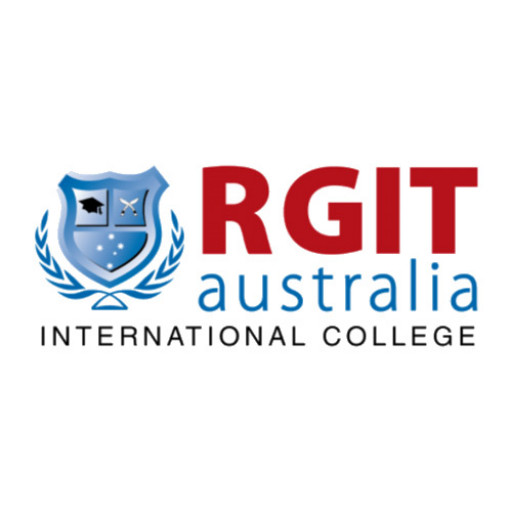Early Childhood Education and Care at Lifetime International Training College is a comprehensive program designed to equip students with the essential knowledge and practical skills required to work effectively with young children in various educational and care settings. This course covers a broad spectrum of topics including child development, classroom management, educational psychology, health and safety practices, and inclusive education strategies. Students will gain a deep understanding of the physical, emotional, social, and cognitive development stages of children from birth to five years old, enabling them to provide nurturing and supportive environments that promote healthy growth and learning.
Throughout the program, learners will engage in both theoretical study and practical training. The curriculum includes hands-on experience through supervised placements in early childhood settings such as preschools, daycare centers, and community programs. This practical component ensures that students can translate theoretical knowledge into real-world applications, fostering confidence and competence in caring for and educating young children. The program also emphasizes the importance of effective communication with children, families, and colleagues, as well as the development of multicultural and inclusive classroom practices.
Graduates of this program will be well-prepared for a variety of careers in early childhood education, including roles as preschool teachers, childcare workers, early intervention specialists, and family support workers. The program also provides a solid foundation for further studies in education or child psychology. Lifetime International Training College is committed to delivering quality education that meets national standards and industry needs, ensuring that graduates are equipped to make a positive impact on early childhood development and education. Enroll in this program to begin your journey towards becoming a dedicated early childhood educator, contributing to the well-being and lifelong learning of young children in your community.
The Early Childhood Education and Care program at Lifetime International Training College is designed to provide students with comprehensive knowledge and practical skills necessary for working with young children in various educational and care settings. This program focuses on the foundational principles of child development, learning theories, and the essential caregiving skills required to nurture and support children from birth through early childhood. Throughout the course, students will explore key topics such as child psychology, health and safety practices, curriculum planning, and the importance of play-based learning in early childhood education.
The curriculum emphasizes the importance of creating a safe, inclusive, and stimulating environment that promotes the emotional, social, and cognitive development of young children. Students will learn how to implement age-appropriate activities that foster creativity, curiosity, and critical thinking. The program also covers essential topics such as nutrition, communication with children and families, and the role of society and culture in shaping early childhood care practices. Practical training components include supervised internships and hands-on experience in early childhood settings, allowing students to apply theoretical knowledge in real-world situations.
As part of their training, students will develop skills in observing and assessing children's developmental progress, managing classroom environments, and maintaining effective communication with parents and caregivers. The program aims to prepare graduates for employment in a variety of roles, including preschool teachers, childcare providers, early intervention specialists, and other support roles within early childhood education settings. Upon completion, students will be equipped with the professional knowledge and practical skills necessary to foster positive developmental outcomes for children and support their families effectively.
Lifetime International Training College is committed to providing high-quality education that aligns with current industry standards and best practices in early childhood education. Graduates of this program will be well-prepared to enter the workforce or pursue further studies in early childhood development and education. The program combines theoretical frameworks with practical application, ensuring that students are ready to meet the diverse needs of young children and contribute meaningfully to their learning and well-being.
Admission requirements for the Early Childhood Education and Care program typically include a completed application form, proof of previous education such as high school diploma or equivalent, and sometimes an interview or entrance assessment. Applicants may be required to submit proof of English language proficiency if English is not their first language, such as TOEFL or IELTS scores. Additionally, relevant work experience in childcare or education settings might be advantageous but not always mandatory. A personal statement or letter of motivation may be requested to assess the applicant's interest and suitability for a career in early childhood education. Some programs may require police clearance or health checks to ensure the safety of children. Academic transcripts demonstrating satisfactory grades in relevant subjects like English, mathematics, or social sciences could be necessary. The program may also have age requirements, typically a minimum age of 17 or 18 years. Candidates might need to complete a health and wellness declaration form and undergo a background check. In some cases, references from previous educators or employers can strengthen the application. The program aims to select candidates passionate about working with children and dedicated to fostering early childhood development. Applicants should ensure they meet all specific criteria listed on the university's official website and submit all required documentation before the deadline. The selection process often considers academic records, relevant experience, personal motivation, and language proficiency to determine suitability for the program. This comprehensive set of requirements ensures that students are well-prepared and capable of engaging effectively in coursework and practical placements integral to the Early Childhood Education and Care program.
The financing of the Early Childhood Education and Care program at Lifetime International Training College is structured to provide accessible and diverse options for students to support their educational expenses. Tuition fees are scheduled annually and are designed to be competitive within the region's market for similar vocational training programs. The college offers various payment plans, including full upfront payments, installment agreements, and scholarships for eligible students, to accommodate different financial situations. Scholarships are awarded based on merit and financial need, with application procedures outlined on the college's official website. Additionally, the college collaborates with national and regional funding bodies to possibly provide financial aid and grants to qualified students. Students are encouraged to explore government support schemes that may include student loans or financial assistance programs tailored for vocational education students. The college also provides guidance and counseling services to help applicants identify and secure appropriate funding options. International students should verify specific requirements and available financial support in their home countries or via international scholarship programs. The institution’s goal is to minimize financial barriers, ensuring all qualified candidates have the opportunity to complete their studies without undue economic hardship. Detailed information regarding tuition costs, payment deadlines, scholarship opportunities, and financial aid application processes is available in the college's administrative offices and on their official website. By adopting flexible payment options and actively seeking external funding partnerships, Lifetime International Training College strives to make early childhood education training a feasible goal for a diverse student body, thus contributing positively to the development of qualified professionals in the field.
The Early Childhood Education and Care program at Lifetime International Training College is designed to equip students with the knowledge and practical skills necessary for a successful career in early childhood education. The program focuses on understanding child development, implementing effective teaching strategies, and fostering a nurturing learning environment for young children. Students will explore a comprehensive curriculum that covers developmental milestones, communication techniques, behavior management, and the importance of inclusivity and diversity in early childhood settings.
Throughout the course, learners will gain hands-on experience through practical placements in approved childcare centers, allowing them to apply theoretical knowledge in real-world scenarios. This practical component is vital for developing confidence and competence in working with children, parents, and colleagues. The program emphasizes the importance of safety, hygiene, and child protection, ensuring that graduates are prepared to create secure and welcoming environments for children to thrive.
The curriculum is regularly reviewed and updated to incorporate latest industry standards and pedagogical approaches, such as play-based learning and digital technology integration. Students are encouraged to develop critical thinking, problem-solving, and communication skills that are essential for professional development in the early childhood sector. The program also offers opportunities for specialization in areas like inclusive education or early childhood health and nutrition.
Upon completion of the program, graduates will be eligible for roles such as Early Childhood Educator, Childcare Assistant, or Preschool Teacher. They will be prepared to work in various settings, including daycare centers, preschools, and community services. The program aims not only to prepare students professionally but also to instill a lifelong commitment to the well-being and development of children, making a positive impact on future generations.


